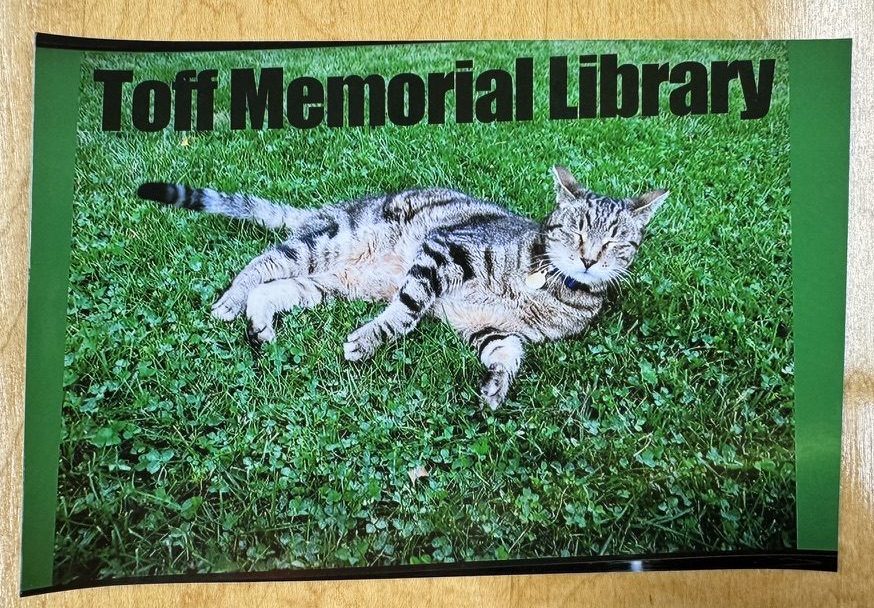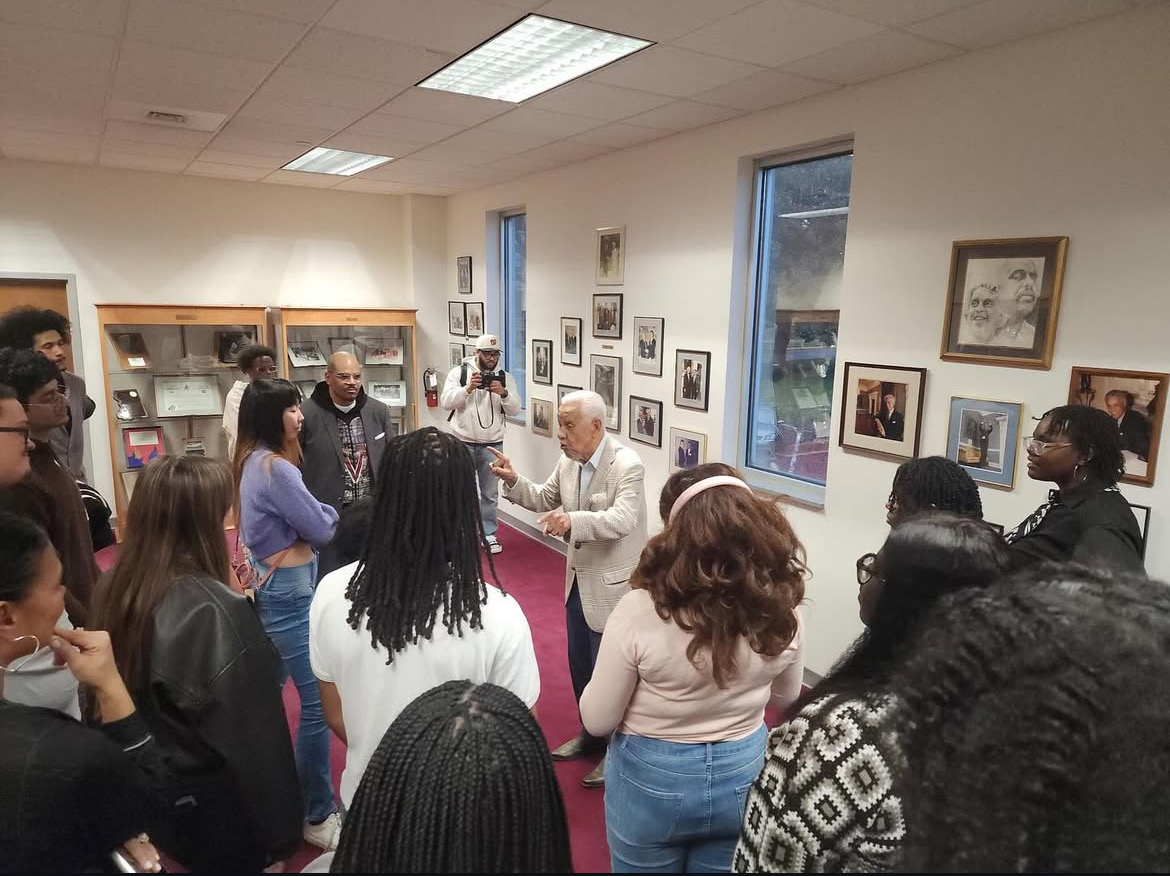On Friday, Sep. 15, Carleton hosted the annual involvement fair, where students have the opportunity to meet members of many of the student-led organizations on campus and register for the activities they are interested in. However, that same evening was Erev Rosh Hashanah, the evening of the Jewish New Year, one of the most important days on the Jewish calendar. This left many Jewish students conflicted, and some either didn’t go to the fair or stayed for a very short time, missing out on the opportunity to view all of the activities Carleton has to offer.
And this is not the only time that Carleton activities or classes have interfered with religious holidays. Carleton does not give students off for any religious holidays that occur during the term, including both Rosh Hashanah and Yom Kippur, as well as Ramadan. This leads students to pick between missing class and potentially falling behind, missing out on important lectures and having to make up assignments, or to spend sacred holidays or fast days in class and miss religious observances.
While Carleton does not give time off for these holidays because of its term schedule, it cannot be ignored that holidays like Christmas never conflict with classes because they are always during winter break, and students never have to choose between going to class and observing Easter because it is on a Sunday.
Some may believe that Carleton simply cannot give students off for religious holidays because of the unique trimester system. But, since Carleton’s rigorous trimester system means that classes meet less than at a trimester school, each individual class is more important to the course as a whole and thus missing classes can have more of an effect on trimester students. Additionally, since the trimester system means that classes move faster and more work is given, students who miss class for religious reasons are overloaded with work when they come back.
Students should not have to take on more work in order to celebrate some of the most important holidays, and they also shouldn’t have to forgo observing those holidays so they don’t fall behind. In order to preserve the diverse, accepting, multifaith environment that Carleton strives for, something needs to be done about religious holidays that fall during the term.
This past Monday, I observed Yom Kippur, arguably the most important holiday of the Jewish year. When I was a high school student, not only did we have off for Yom Kippur, but teachers were also prohibited from assigning homework over the holiday. This allowed Jewish students like myself to fully immerse ourselves in the sanctity of the holiday.
But this year, not only did I have classes on Monday, but I also had a paper due on Sunday night, on Erev Yom Kippur, when the deeply important Kol Nidre service is held, as well as several other major assignments due on Monday. And thus, I spent my Saturday and Sunday before Kol Nidre cramming, and neglected to prepare properly for my fast from Sunday night to Monday night, making the holy fast much more difficult.
When I attended Kol Nidre services on Sunday night, I learned that I was one of the only one of my friends and classmates who was not attending classes the next day. A few of my friends expressed that while they would have wanted to attend services or other Yom Kippur programs, but their classes were simply too important to miss and thus they didn’t observe the holiday the way they would have liked. Those of us who did choose to attend services over classes had similar experiences of losing sleep over the weekend to catch up on work and feeling anxious about falling behind in class. Even though we had informed our professors several weeks earlier of our absence, we were still worried that they would be angry that we were not present in class.
When I attended the classes that I had missed on Wednesday, I realized that I had missed some important teachings, despite keeping up with readings and work. I was absent while my classmates had prepared for a paper in one of my classes, and missed an important discussion about class readings in another class. I felt like I was put at a disadvantage for observing a sacred holiday, and I was now behind my classmates who were able to be present.
It is hard enough for many first-years, including myself, to adjust to Carleton’s class schedule and workload, and it is also difficult to observe holidays that hold so many family memories away from home for the first time. Therefore, Carleton students of all religions should not be saddled with yet another burden of trying to fit their religious observance into their schedule, or to sacrifice either their mental health or religious values in order to stay on top of their coursework.
If Carleton wants to achieve the multifaith environment that it strives for, we need to recognize the forces of exclusion, no matter how unintentional, that are at play when it comes to religious observance. Each and every one of the many religious traditions represented by Carleton students has days that believers hold sacred and have great significance. It is not enough to simply not give days off for any religious holidays, because some holidays have their days off baked into the schedule as they fall over breaks. We cannot make some students feel like they do not belong or like they shouldn’t celebrate important holidays because Carleton’s schedule cannot accommodate them. Remaining neutral on this issue is not enough, as we do give some students holidays off and we don’t give other students that privilege, we just don’t realize it.











